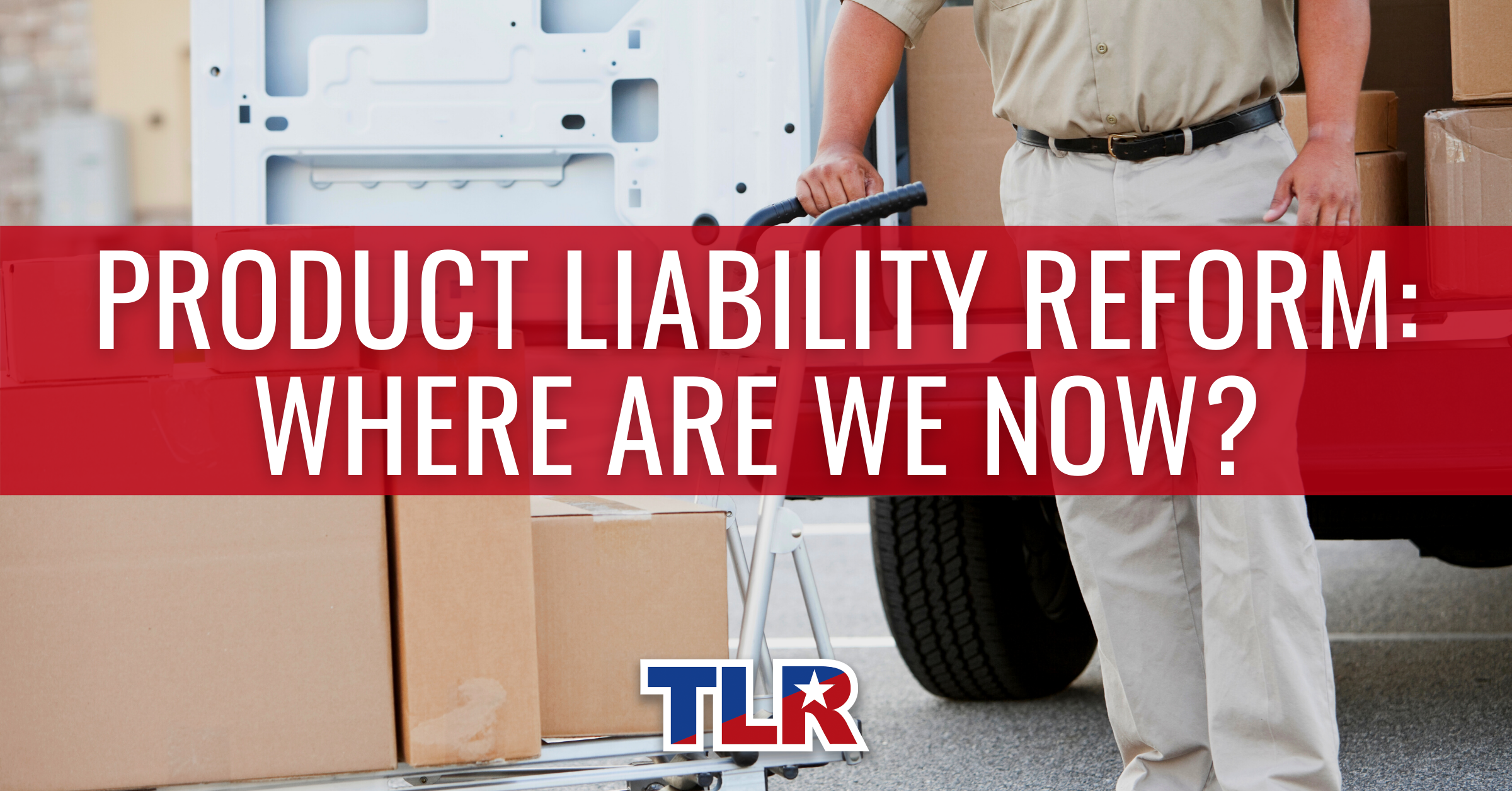
The Texas Supreme Court recently issued a ruling in a products liability case that puts one of Texas’ early tort reforms in the spotlight.
According to Reuters, the plaintiff alleged that “a knockoff Apple TV remote sold by a Chinese third-party seller, Hu Xi Jie, was defective and allowed the battery to pop out. The remote was sold through Amazon’s ‘Fulfillment by Amazon’ service, in which the company stores sellers’ products at its warehouses and then ships them to buyers.”
In its 5-2 decision, the Texas Supreme Court ruled that Amazon can’t be held liable for the third-party seller’s product under Texas’ 2003 products liability law, which was a TLR initiative.
Before 2003, retailers were often sued for injuries allegedly caused by defective products, despite the fact that the retailers had nothing to do with the design or manufacturing of the product. In many instances, the lawsuits against retailers were used to establish venue in a favorable county. House Bill 4, passed by the Legislature in 2003, included an “innocent retailers” defense, providing that a retailer who does nothing more than acquire a product and sell it to the customer cannot be held liable for a defect in the product. If, on the other hand, the retailer modifies the product in a way that makes it dangerous, it can be held liable for an injury caused by the product.
House Bill 4 also established a “government standards” defense for manufacturers that comply with all state and federal standards or regulations applicable to their product. The defense is available when there is a mandatory government standard that applies to the aspect of the product that allegedly caused the harm, if the standard is adequate to protect the public from risk. Under Texas law since 2003, a government standards defense has been available to manufacturers of a variety of products, including pharmaceuticals.
While this recent case involved a retail giant, Texas’ product liability law applies to any retailer of any size. Consider the implications, for example, for a small, family-run store selling third-party products through its brick and mortar and online storefronts. A case of this nature could be business-ending.
This case is another instance of a common-sense lawsuit reform at work in our state, nearly 20 years after its passage by the Texas Legislature.
